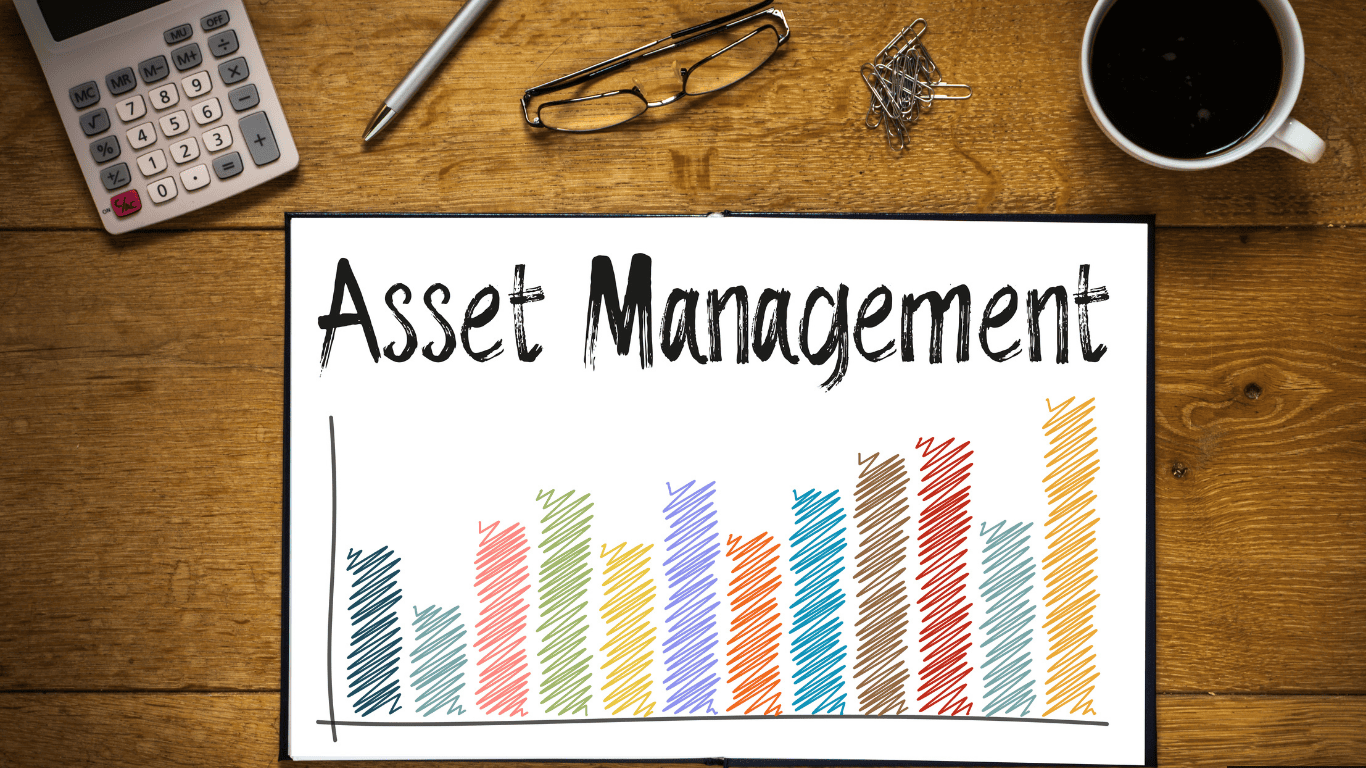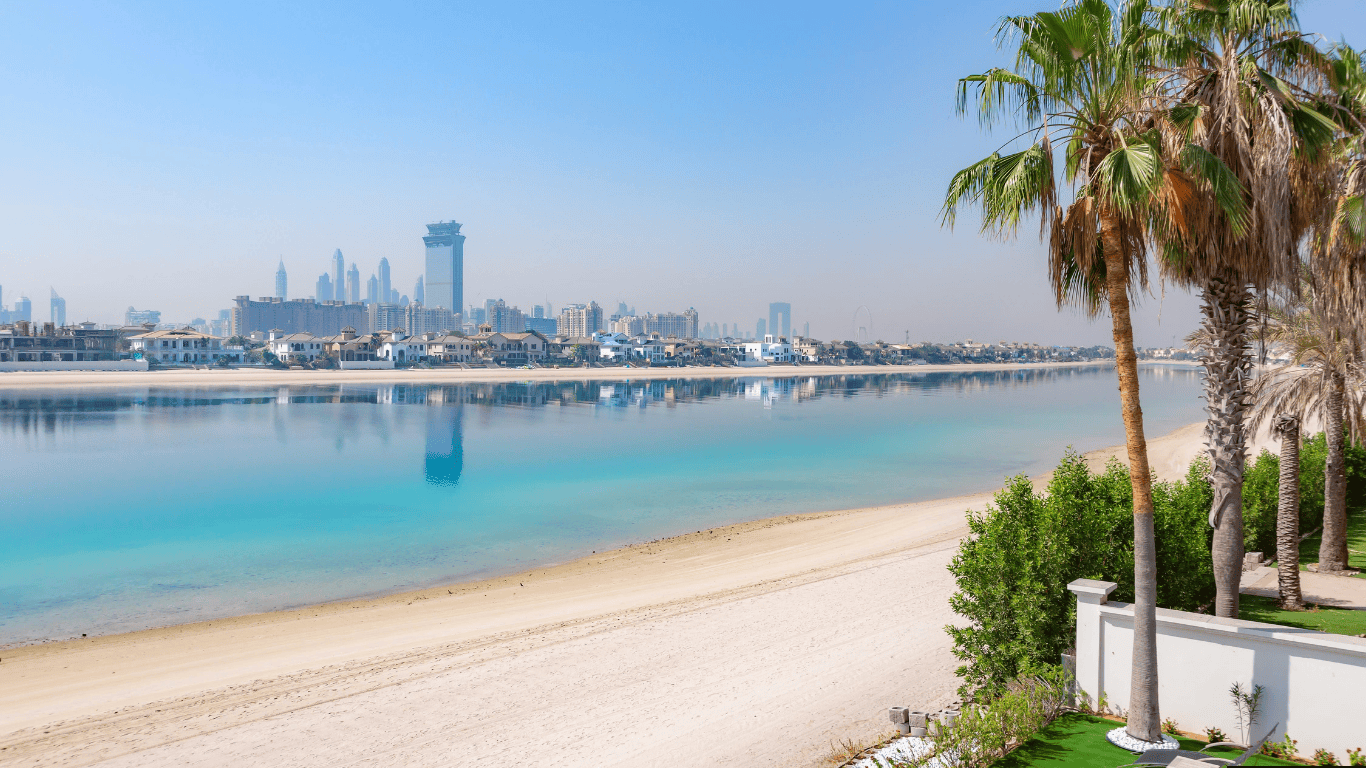UAE has been among the world’s top destinations for F&B venture. Booming tourism industry, high-growth population, and increasing need for diversified quality food are making it no surprise that entrepreneurs and investors are migrating in masses to this nation. From contemplating starting small with an artisan Food & Drink venture to a huge manufacturing plant, UAE offers ground to grow.
Why UAE is the Right Place for Food & Drink Manufacturing
- Growing Demand
UAE is doing nearly 90% of all the country’s food imports, and that alone is a gigantic opportunity for local manufacturing. Excellent population growth, multicultural expat population, and colossal demand for health food, organic, and high-quality products make the business extremely profitable.
- Strategic Location
Situated between Europe, Asia, and Africa, the UAE serves as a global re-export hub. Entrepreneurs can produce in the UAE and export easily to the Middle East, Africa, and beyond.
- Strong Government Support
The UAE government actively supports food security initiatives, offering incentives for companies in food production, processing, and packaging. Free Zones like Dubai Industrial City and Abu Dhabi’s KIZAD offer specialized infrastructure for food manufacturing business.
- Tourism & Hospitality Development
There are millions of tourists who travel to UAE each year to create a growing demand for new and innovative food and beverages. Hotels, restaurants, and catering centers always look for quality producers and innovative products.
Food & Beverage Business You Can Start
- Production of Packaged Food (snacks, single-use packed food, bakery food)
- Production of Beverages (juices, bottled water, energy drinks, tea/coffee products)
- Health & Organic Foods (vegetarian, gluten-free, sugar-free, protein foods)
- Frozen & Processed Food (seafood, vegetables, meat)
- Specialty Products (traditional delicacies, ethnic foods, sauces, spices)
- Starting a Food & Beverage Manufacturing Company in the UAE
Step 1: Decide on Your Business Structure
Your company can be registered either in Mainland or Free Zone.
- Mainland setup: Most suitable if you wish to supply directly to UAE restaurants, supermarkets, and hotels.
- Free Zone setup: Facilitating 100% ownership, tax-free, and ideal for exports and e-commerce.
Step 2: Approvals
Food processing business is governed. You will be taking approvals from the regulatory authorities like:
- Dubai Municipality (Food Control Department) – to certify food safety standards.
- UAE Food Safety Authority – to certify compliance with food handling and hygiene regulation.
- Emirates Authority for Standardization & Metrology (ESMA) – for compliance of labelling and packaging.
- Municipality/Free Zone Authority – depending upon geographical location of your business.
For export purposes, Halal certification and acceptance of both countries will also be required, ensuring that your Food & Drink products meet global standards.
Step 3: Facility & Infrastructure
The food factory units must be of higher quality of hygiene and safety. You may opt for:
Leasing of fully equipped industrial kitchen or factory unit in specialist Free Zones.
Construction of specially designed facility to food safety standards.
Step 4: Obtain Trade License
Once all approvals and your facility are completed, you will be granted your Trade License, effectively the permit to begin doing business.
An Initial Food & Beverage Business in UAE Cost
Depending on company size and whether Mainland or Free Zone is used. Average:
License & registration: AED 15,000 – 25,000
Rent for warehouse/facility: AED 20,000 – 50,000 (yearly, size dependent)
Initial permits & approvals: AED 5,000 – 10,000
Visa fee: AED 3,000 – 5,000 per staff member
Establishment & equipment: AED 50,000 and upward (could quite soon come to cost an appalling amount more in larger units)
In small-scale business establishments, the amount of AED 100,000 – 150,000 would be far short, while giant factories amount to anything up to a multi-million-dirham expense.
Why Now is the Right Time
Extra Food Security Problems – UAE is encouraging domestic production in an effort to reduce imports.
Changes in Consumer Culture – Sustained need for organic, healthy, and environmentally friendly consumer products.
Potential for Exports – As demand continues to grow for food products from the Middle East in global markets, UAE provides the perfect entry point.
No Personal Tax – Ensures greater profitability for business owners.
Conclusion
UAE is not just a food market but an international platform where food & beverage entrepreneurs have the opportunity to expand and retail food & beverage brands globally. With its positioning, business culture, and spend ability, it is the time to establish your food business from the kitchen to the global market.
We walk you through every step on Taxtube—getting your approvers in and getting your facility online—so that you can do what you do best: make people love what you do.








